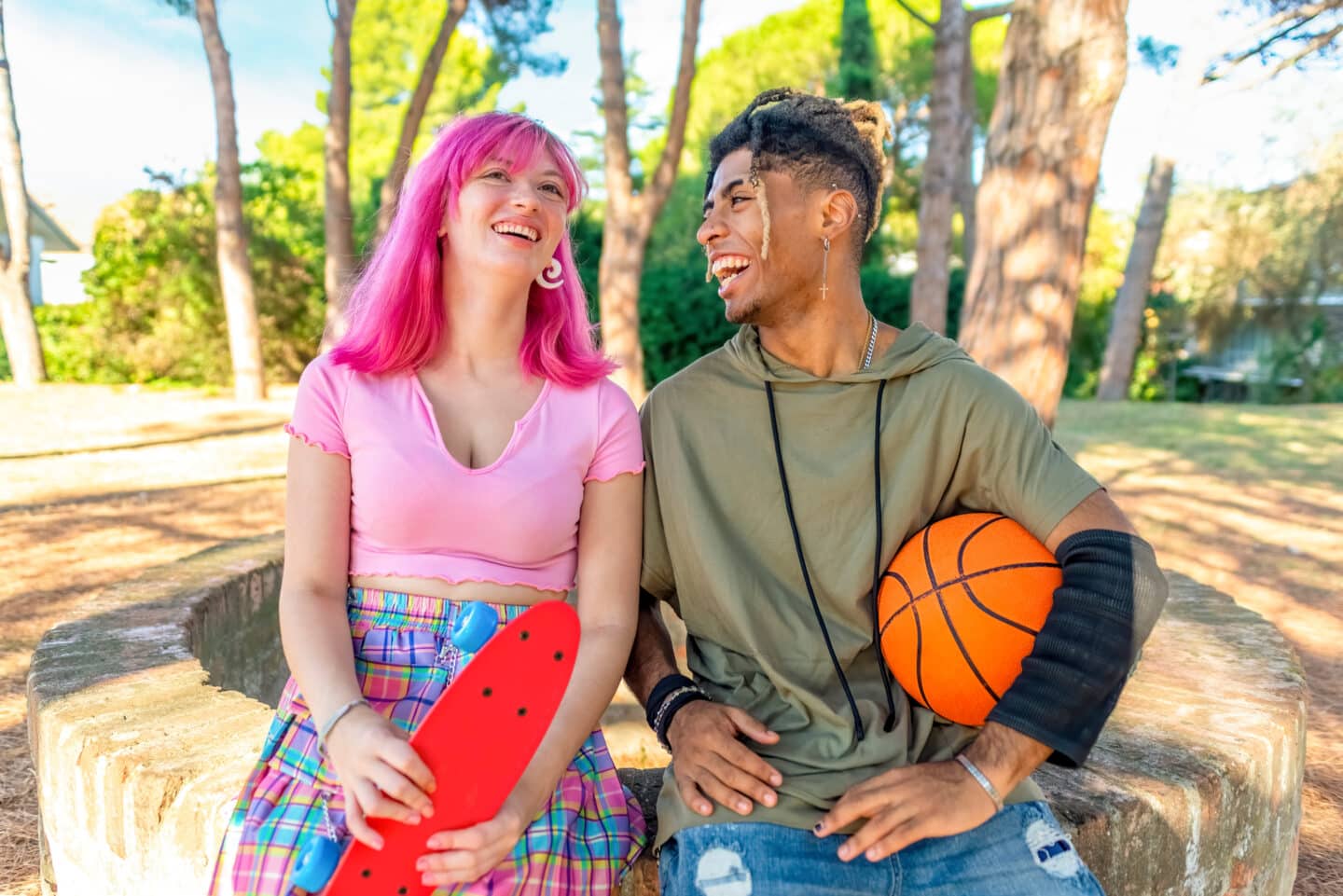
Introduction
This article explains how values and attitudes impact the bonds we form with other people. It also examines the nuances of making friends as an adolescent, and what they seem to value in the relationships they keep. Finally, it provides three tips on how to coach adolescents to create meaningful friendships.
How Values and Attitudes Impact Friendship
Values are the principles that we live by. They are indicators of what is important to us. Attitudes are the positive or negative appraisals we make about people, things, and situations. They guide our judgments of what is right or wrong, and good or bad. Values and attitudes are often subconscious; they start forming when we are young. As children, we absorb the values and attitudes of those around us. However, during adolescence, we develop critical thinking skills; we begin to question the values and attitudes we grew up with, and form our own sense of morality. Adolescents get to decide which values and attitudes they want to keep, and which ones they want to change.
Humans are social creatures. We prioritize relationships with people who hold similar attitudes and values to our own. We avoid those whose attitudes and values oppose our own. Humans get to choose our values, and we also have chances to select the company we keep. Our blog on community and connection (LINK) details the health benefits associated with forming bonds with others who have shared interests. It also discusses the physical and mental risks that come with isolation.
What Do Adolescents Value in Friendship?
Adolescence is a time where teens begin to form their autonomy and independence. They drift from the family structure and instead place larger value on social currency: the values and opinions of others. If an adolescent is able to identify what is important to them, they can use that information to forge friendships with likeminded people.
A 2023 study by Krammer and colleagues examines the factors that either facilitate or hinder friendships in adolescents during the transition from primary to secondary school. The researchers were able to isolate themes from the self-reported friendships of the children involved in the study. The adolescents would maintain friendships that made them feel safe and emotionally supported. These friends would be able to manage conflicts with each other and avoid negative, annoying, or insulting behavior. They would spend time together, and communicate well with each other both online and in person.
Three Ways to Coach Teens to Help Them Create Meaningful Friendships
A fundamental aspect of youth coaching involves supporting adolescents in the exploration and identification of their values, desires, and goals. Many teens seek coaching with the goal of creating stronger friendships or increasing self-esteem and social confidence. Below are three approaches you can use when an adolescent expresses the desire to create and execute strategies to expand their communities and connections. Prioritize open-ended questions, active listening, reflecting, and summarizing.
Interested in learning more about how to coach teens? Read more of our blogs and check out our Youth Health Coaching Certification.